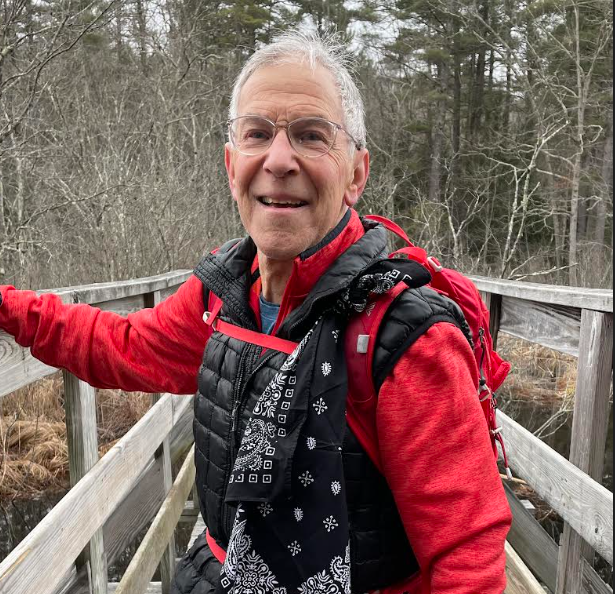By MICHAEL COHEN
The US Supreme Court has been in the news lately. The end of the session, many court observers
know, brings a number of important and controversial rulings out. Especially, those related to environmental quality, climate and health of our communities, because these rulings will have serious impact on the progress toward addressing climate change and health. In particular, on Friday, June 29, 2024, by a vote of 6-3, the justices overruled their landmark 1984 decision in Chevron v. Natural Resources Defense Council, which established the doctrine known as the Chevron doctrine.
This ruling is another that this court has issued which breaks with long-standing court precedent and which has the potential of upsetting significant federal agency and department legal interpretations, policy development, regulatory and rules dealing with a multitude of issues including, but not limited to:
o health safety, food safety research and production, tobacco regulations,
o health insurance coverage, access to health delivery systems services, payment and
pricing
o environmental law addressing clean air, water, energy and emission standards, tax credits
and rebates to motivate clean energy production or electric vehicles and protection of
significant natural and wildlife resources.
Basically, this ruling shifts the policy making processes and authority out of the hands of government/agency experts, scientists and informed decision makers who use science to support their policies and puts the decisions into the hands of the courts, appointed and/or elected judges, who will not be required to turn to seek expert advice to support their rulings.
The results are likely to be slower and more politically fraught processes to develop policy and rules supporting and clarifying statutes, and of course, likely more lawsuits challenging agencies, departments
and other governmental authorities that make changes and decisions in policy and regulation as new scientific evidence becomes available. After the decision, legal experts are suggesting that this decision will negatively impact, at minimum, agriculture, protections for clean air regulations and protections for clean water and watersheds; another blow to science.
Environmental and/or health advocates often rely on the latest scientific evidence when testifying about potential new laws or changes in regulations along with personal anecdotal stories that dovetail with the science, demonstrating the benefits and or risks associated with these potential new laws or regulations. Now the courts, and I’m sure legislatures too, may well treat the information presented during hearings by a business interest, industry representatives, or biased individuals just as reliable and valid as the evidence presented by reputable scientists, specialists, or experts trained in the subject matter at hand.
Because of overturning the Chevron Doctrine, the climate will likely continue to get warmer at a faster pace, the impact on community flooding and seashore erosion from more intensive storms may well happen at a quicker pace too. More intensive heat and airborne disease is likely to increase also impacting our individual and community health and safety.
If the Chevron decision has significant implications for federal environmental and health laws, it means that now, more than ever, organizations like the NH Association of Conservation Commissions, NHACC, and town Conservation Commissions, and NH Healthy Climate, formally NH Healthcare Workers for Climate Action, both of which I am a member-I’m NOT speaking for those organizations in this Opinion piece- must work harder and smarter to continue their work, conserving critical natural resources, fighting for clean air and water, promoting awareness and education about a changing climate’s impact on people and the environment and assuring clean, open space for NH residents to enjoy and be healthy.
The Supreme Court has taken action; it is up to us to do the same. Fretting about a poor decision won’t get the healthy natural environment or the health we need and deserve. We have to work for it. Join with others and fight to make NH a healthy place to live, work and play.
Michael Cohen has served on many volunteer boards and committees in New Hampshire, contributing to efforts to improve the health and wellbeing of NH residents and protecting and preserving NH’s natural resources. More recently he has served as a member of the Amherst Conservation Commission for five years and has participated, and graduated from the UNH Extension, Coverts Project. He now is a member of the Board of Directors for the NH Association of Conservation Commission. He currently lives in Amherst NH with his spouse. He has 2 daughters and 6 grandchildren. He has lived most of his adult life in northern New England and in NH, for the past 30 years continuing to explore and learn about all parts of the state’s natural landscapes.





